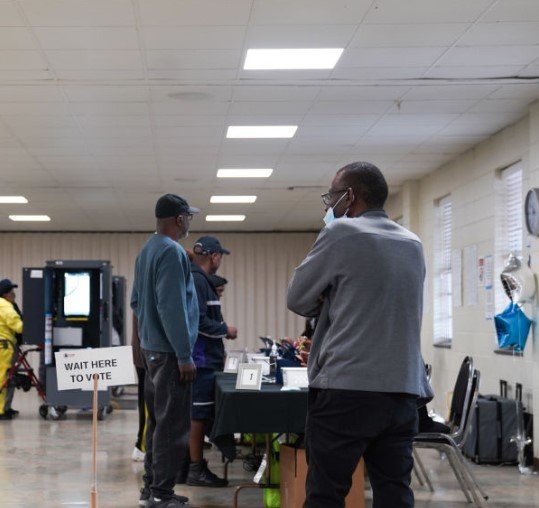A long-standing legal battle over constitutional amendments passed by the North Carolina General Assembly in 2018 is back in the spotlight as a three-judge panel of the Wake County Superior Court hears arguments regarding the NAACP’s challenge. The case, which has been winding through the state court system for six years, centers on the validity of amendments that established voter ID requirements and a lower state income tax cap.
The Legal Landscape: A Complex Challenge
The NAACP’s lawsuit seeks to overturn the amendments based on a 2017 U.S. Supreme Court ruling that found the state’s legislative maps were racially gerrymandered. The argument posits that if the legislature that passed the amendments was illegally constructed, then the amendments themselves should be invalidated.
- Key Points of the Case:
- Voter ID and Tax Cap Amendments: The amendments in question were approved by voters and are now being challenged on constitutional grounds.
- Judicial Precedent: The case hinges on a new three-part test established by the state Supreme Court, which requires judges to assess whether the amendments shield lawmakers from accountability or discriminate against voters.
During the recent online hearing, attorneys for the defendants, including House Speaker Tim Moore and Senate President Pro Tem Phil Berger, sought a judgment on the pleadings, aiming to dismiss the case without proceeding to a full trial.

Defendants Argue for Dismissal
Martin Warf, representing the defendants, acknowledged the unusual nature of seeking a judgment based solely on the pleadings but argued that the NAACP faces a high burden of proof to overturn the amendments.
- Arguments Presented:
- High Burden of Proof: Warf contended that the plaintiffs must demonstrate that the amendments are unconstitutional under all circumstances, not just in the context of the alleged gerrymandering.
- Race-Neutral Nature of Amendments: He emphasized that the voter ID law has been upheld by the state Supreme Court and is fundamentally race-neutral, arguing that the tax cap amendment is merely a policy choice.
Warf urged the judges to reject the NAACP’s claims, suggesting that allowing the case to proceed would lead to unnecessary discovery without sufficient legal basis.
NAACP’s Response: Need for Factual Development
In contrast, attorneys for the NAACP argued that the motion for judgment on the pleadings is premature and inappropriate for the current stage of the case. Kym Hunter, representing the plaintiffs, asserted that the defense’s arguments require careful consideration but should not be addressed at this point.
- Key Points from the NAACP:
- Procedural Grounds: Hunter argued that the motion fails on procedural grounds and that the case requires further factual development before any judgment can be made.
- Supreme Court Mandate: She highlighted that the state Supreme Court had previously mandated an evidentiary hearing, which underscores the need for a thorough examination of the facts.
Hunter emphasized that the current motion disregards the Supreme Court’s directive and the established rules of civil procedure in North Carolina.
The Road Ahead: Implications for North Carolina
As the judges deliberate on the motion, the outcome could have significant implications for the future of voting rights and legislative accountability in North Carolina. The NAACP’s challenge reflects broader concerns about the integrity of the electoral process and the potential impact of racially gerrymandered legislatures on democratic governance.
The case continues to unfold, with both sides preparing for what could be a pivotal moment in the ongoing struggle for civil rights and fair representation in the state.

Comments